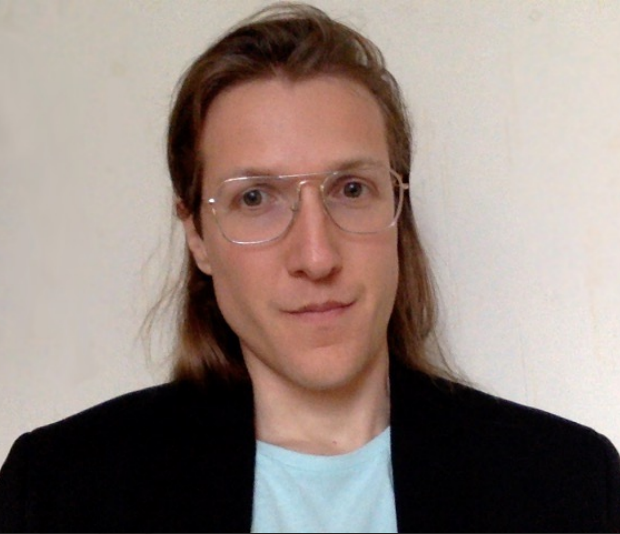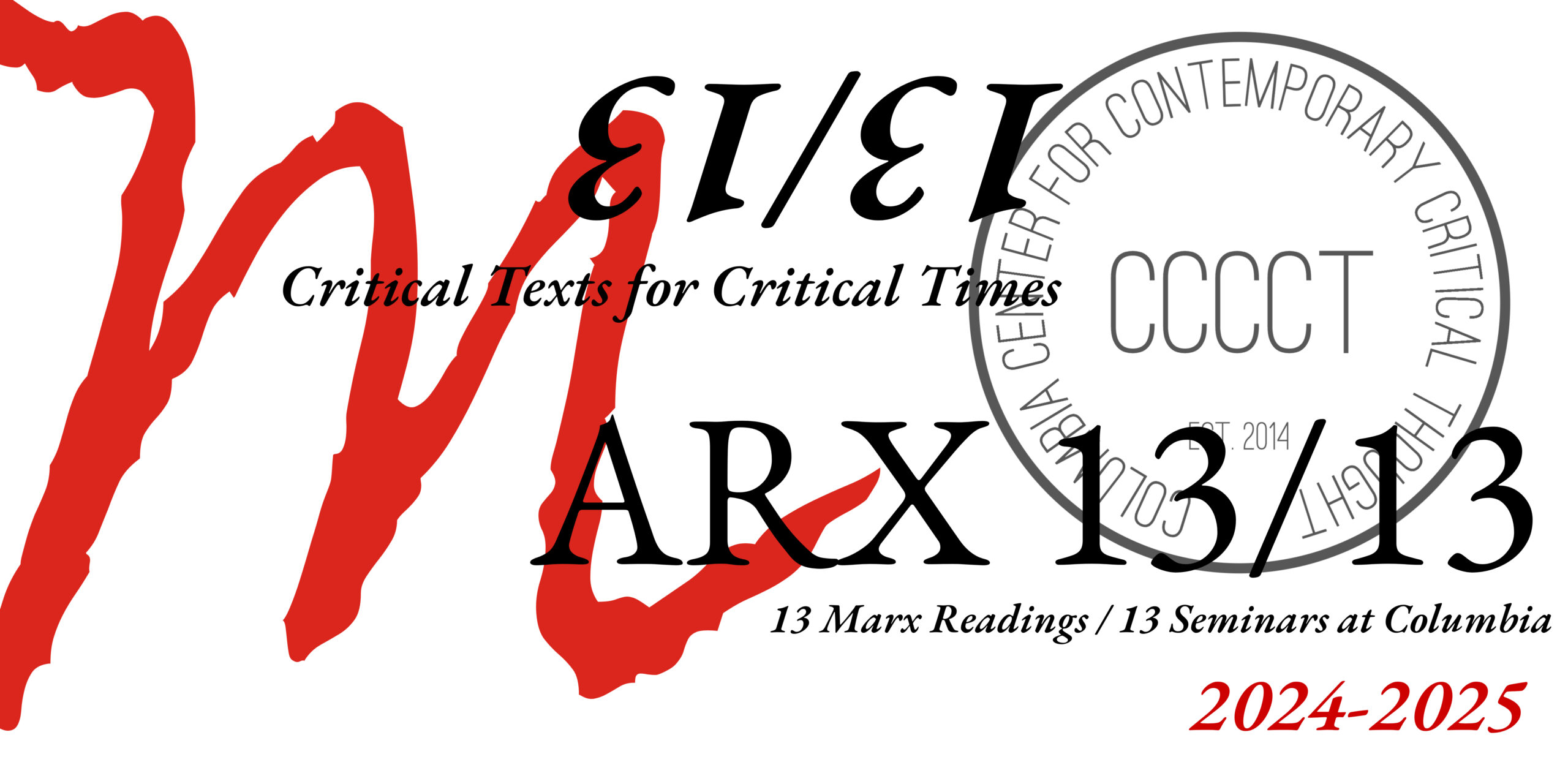
A feminist concept of ideology: Monique Wittig’s critiques of Karl Marx
In the French and American strands of materialist feminism in the 1970s and 1980s, Monique Wittig (1935-2003) was among those who returned to the notion of ideology. This is primarily found in her articles from the turn of the 1980s, collected in The Straight Mind: and Other Essays in 1992, and translated into French in La Pensée straight in 2001 (at the juncture of literature, philosophy, politics, and economics). Wittig’s main reference, which she uses for the notion of ideology, was The German Ideology, written by Karl Marx and Friedrich Engels in the years 1845-1846: a first complete German edition of which did not appear until 1932, to be translated into French at the end of the 1930s (with a scientific edition dating from the 1970s), and into English in the 1960s. Wittig will criticize the notion with The German Ideology: to think – in ideas, in what found ideas – domination, to think classes, to think struggle. But Wittig will also criticize the notion against The German Ideology: to think of other dominations, to think of other classes, to think of other struggles (with the central terms of “sex” and “reproduction”). What conceptualization of ideology does Wittig have? How can this conceptualization be understood as feminist? What tensions with The German Ideology does its critiques in The Straight Mind provoke? These are questions that we will address in this talk.
Talk in French. Recording with English subtitles.
See also
The seminar given by Guillaume Rouleau and Bernard E. Harcourt at the EHESS in 2023-2024, “The Notion of Ideology in French Political Philosophy after 1945” – with a recorded intervention of Étienne Balibar.
